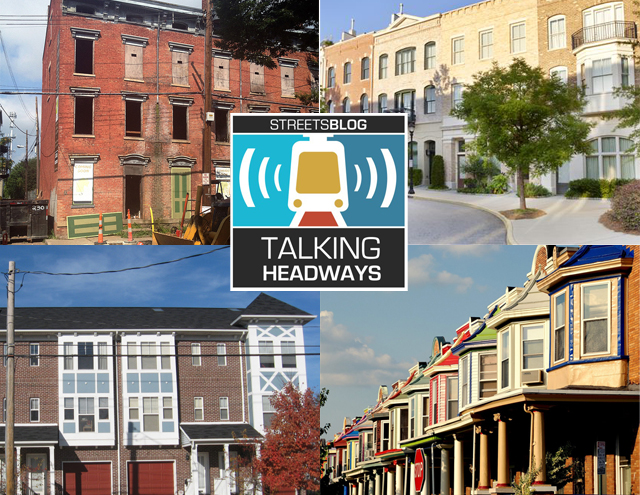This week, Jenny Schuetz, a senior fellow at Brookings Metro and author of the new book "Fixer Upper," talks about making housing decisions at the wrong scale, where housing reform would make the most sense, and how to better organize regional housing.
For those of you who get your news through your eyes and not your ears, there’s an edited transcript below the audio player. If you want a full, unedited transcript (with some typos!), click here. If you want to listen, here you go:
Jeff Wood: Well, that leads to a question I had when I, when I was going through your book, which is: What’s the impact of so many unincorporated or incorporated places on, on regional housing markets? It seems like that’s one of the biggest issues is there’s so many little tiny fiefdoms, and there’s so many ways for them to circumvent the regional need.
Jenny Schuetz: That’s exactly right. We are making decisions about land use and housing at the wrong scale of geography. We have lots of local governments, most of which are very small in population terms, individually deciding do you want to build housing? What kind of housing, how much? and an individual local government may think, I only want to build a small number of homes and they should all be million-dollar homes. And I will have, you know, one small school and sort of minimal public services, but if every local government or even a decent share within a Metro area come to these same conclusions independently, then the Metro doesn’t build enough homes. Employers can’t hire and retain workers because there isn’t housing for people at a range of different incomes.
And in particular, this is really bad for lower-wage workers because they are the least able to compete for housing. They wind up in the least desirable locations, which either means very far on the outskirts sort of, you know, a two-hour commute from their job or in a handful of core urban neighborhoods that have legacy apartments and subsidized housing in some cases, but almost never are those kinds of the high opportunity places. And so poor people wind up with just really lousy options and even a lot of middle-class households at this point, can’t afford to live in places like California and New York and D.C. and Boston, which creates sort of regional economic problems
Wood: In the book I found the illustrations of San Marino, Calif., and Commerce City really interesting. It feels kind of like a protection racket almost when those places decide that they don’t want to have more housing.
Schuetz: It’s exactly right. I mean, the homeowners in really wealthy community is, might as well be incorporated HOAs and gated communities. They have essentially made it so hard to build housing that’s affordable to anybody who’s not rich. I mean, we’re not even talking about sort of building low income subsidized housing, but just housing that a middle income household could afford to live in is illegal in a lot of places like San Marino. And so it winds up this very exclusive, very small community that essentially serves as a private enclave and nobody else has access to it, which maybe would be okay if there were a handful of places like this that kind of did their own thing. But in, you know, in areas like Los Angeles and the Bay Area, that’s a pretty large share of the overall land. And it makes the region essentially not function that well.






